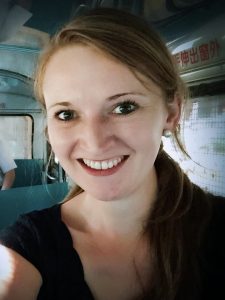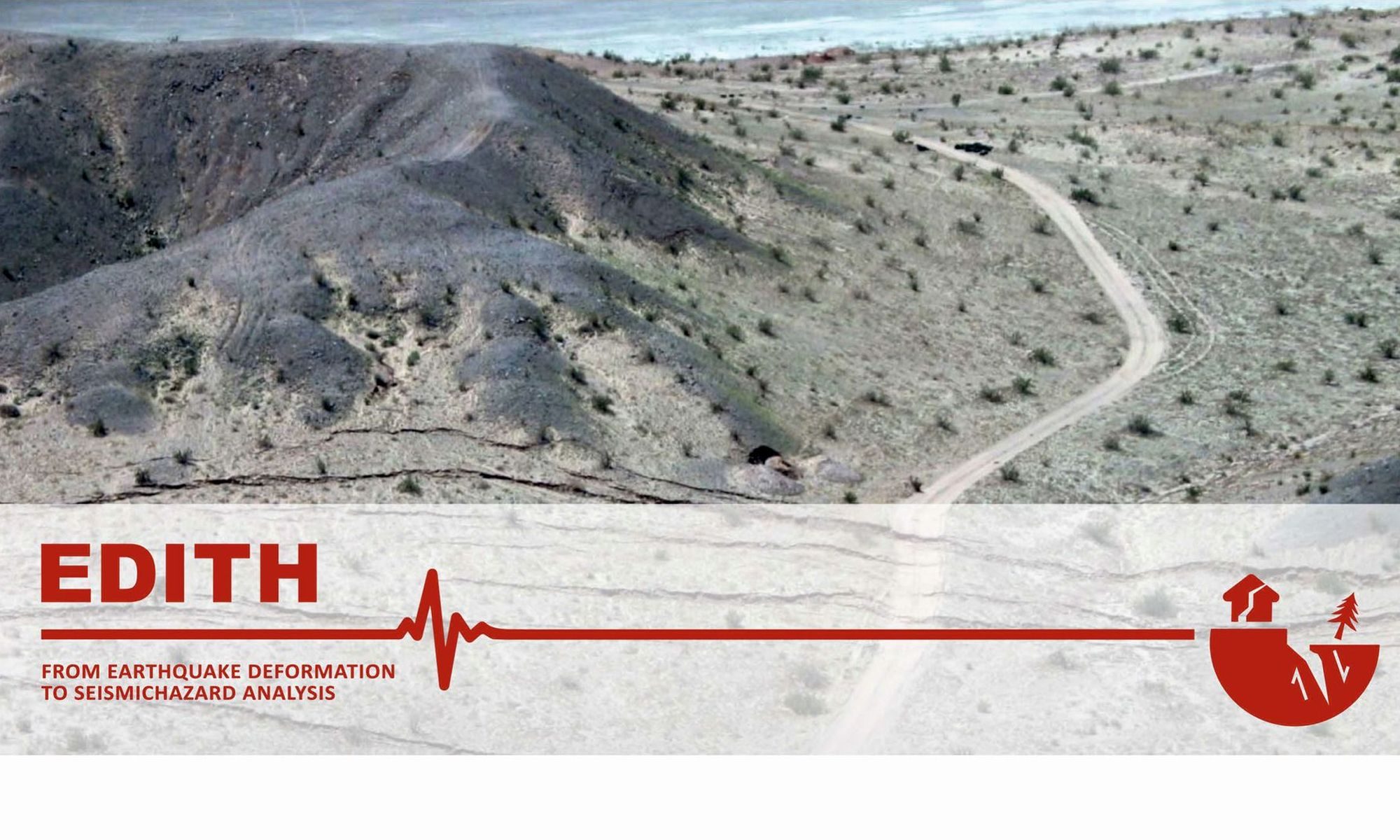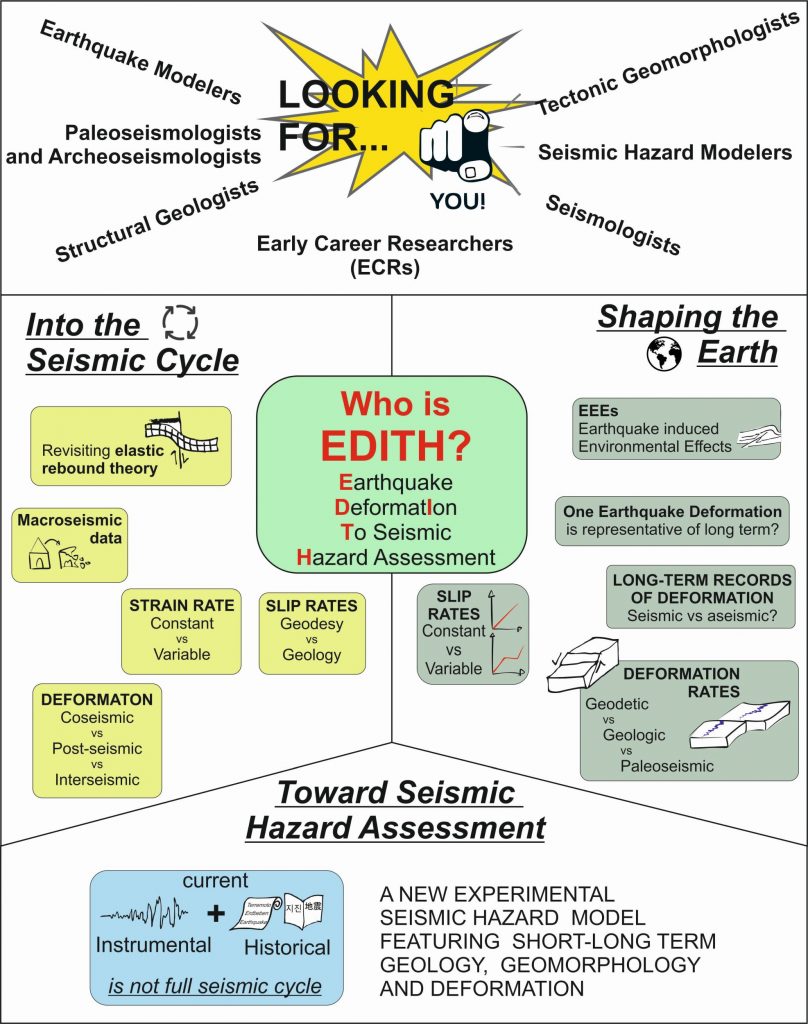Here we are! We’ll be there! At the PATA days, obviously!
We invited Dr. Anika Braun to lead a hands-on workshop on the usage of Artificial Intelligence (AI) in Earth Sciences, and this is what we plan for you!
The Workshopwill be held during the PATA Days 2022 in France.
Tuesday, September 27 2022; 18:30 – 19:30 CET
Wednesday, September 28 2022; 18:30 – 19:30 CET
If you want to partecipate to the workshop (under the PATA days subscription), please register here. https://forms.gle/QZvh2HDLxi4Vu3aS8
Only 20 sits available!

“Everything You Always Wanted to Know About Artificial Intelligence* (*But Were Afraid to Ask)) – a hands-on workshop on AI in Earthquake Geology”
Artificial Intelligence has long found its way into remote sensing and earth sciences, with applications e.g. in feature detection, spatial prediction, and hazard modelling. With the increasing availability of data, e.g. from satellites and drones, we also have an increasing need to efficiently exploit this data for valuable information. In the past few years, there has also been an incredible development in the availability of (open) tools and educational materials, enabling us to easily tap this data treasure. In order to generate plausible, reliable, and reproducible information for earth sciences however, it is important that we critically address points such as input data quality, model type, and results.
In this short course, you will learn some basics of Artificial Intelligence for earth science applications, so you know where to start if you want to implement this technique for your own project. In a simple hands-on example, we will see how you can critically explore your input data and prepare it for modelling. We will train some models, and then explore tools to evaluate the modelling outcomes. You will also be sensitized for the most important pit-falls and sources of uncertainty.
Participants need a computer (Windows or Mac) with an up-to-date operation system and some free disc space. No programming skills required, but some basic understanding of statistics would be good.
Day 1
Theory:
Machine learning concepts
General workflow
Data preparation and exploration
Hands-on:
(Data export from GIS (SAGA GIS?))
Data preparation (IBM SPSS Modeler)
Day 2
Theory:
Model types
Evaluation Tools
Hands-on:
Modelling
Model Evaluation
(Data re-import in GIS (SAGA, QGIS))
Workshop materials
Installation Guide and licenses
Sample dataset and project
“Cookbook” with most important application scenarios, data requirements, available tools, further reading or videos (we could ask the participants in advance what kind of machine learning problem they are interested in to adapt this to their needs)

